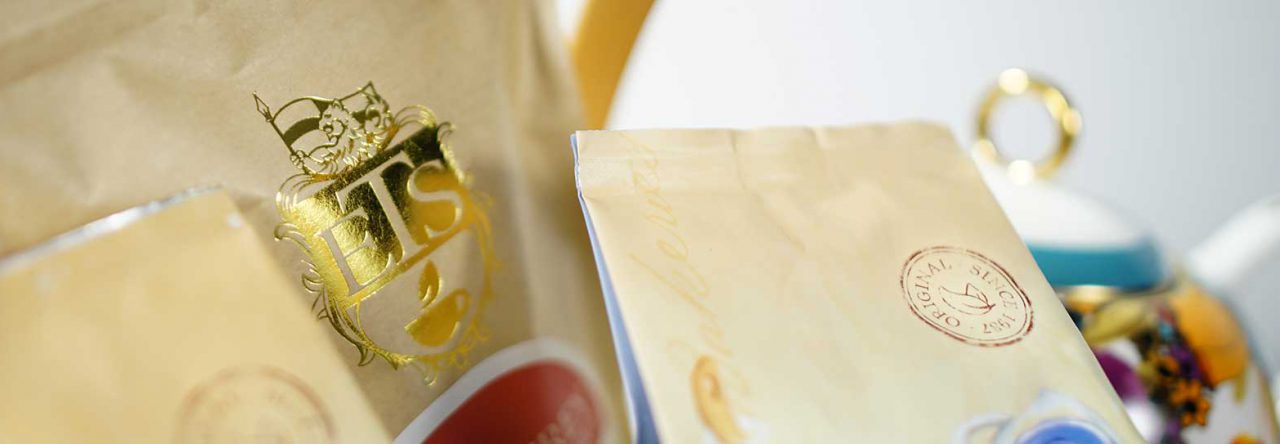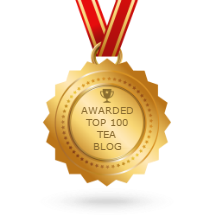
The Way of Tea is naught but this:
first you boil water,
then you make the tea and drink it.
-Sen Rikyu
I have to admit that there aren’t too many big names from tea history that I can name. Some of the best known are probably Sir Thomas Lipton and Thomas Twining, those great captains of tea industry from centuries past. Then there is the ancient tea master Lu Yu, who was probably one of the first people to write about tea whose writings have survived to this day.
I was vaguely aware of the Japanese tea master Sen Rikyu before now, but I have to admit that I didn’t know that much about him. Or the tradition of tea that he was such an influence on. So I set out to remedy that. Sen Rikyu lived in the sixteenth century (1522 – 1591) and is said by some to be one of the most famous Japanese tea masters of them all. So much so that in a book called The True History of Tea, the authors dedicate an entire chapter to his contributions.
Sen Rikyu’s early days were a time of turmoil in Japan, but apparently not so much in Sakai, a city located to the south of Osaka, where he was from. It was there that Sen Rikyu was initiated into chanoyu, sometimes called “the way of tea” or “the Japanese tea ceremony,” at an early age. His demonstrated talent for this sort of thing brought him to the attention of the rich and powerful in Japanese society in the day.
Sen Rikyu performed ceremonies for warlords and emperors and the like but, as is so common when one is entangled in matters of politics and the like, things came to a bad end. Though the details are somewhat unclear, he fell afoul of a powerful leader for some reason and met an untimely end by being sentenced to commit ritual suicide. True to form it’s said that one of his last acts was to conduct an elaborate tea ceremony.
As for his contributions to tea, they are too considerable to detail here but are discussed extensively in the aforementioned volume and elsewhere. Including this overview of Sen Rikyu’s teachings from the Urasenke Foundation, a branch of chanoyu that he’s credited with founding.
See more of William I. Lengeman’s articles here.
© Online Stores, Inc., and The English Tea Store Blog, 2009-2014. Unauthorized use and/or duplication of this material without express and written permission from this article’s author and/or the blog’s owner is strictly prohibited. Excerpts and links may be used, provided that full and clear credit is given to Online Stores, Inc., and The English Tea Store Blog with appropriate and specific direction to the original content.



Leave a comment